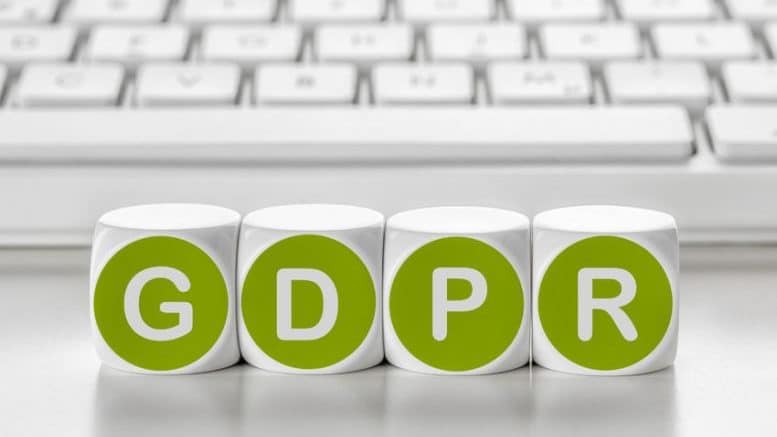By Paul Malyon, Data Strategy Manager, Experian
Regulatory change is a fact of life and for industries such as financial services, it’s more than a regular occurrence. Sarbanes-Oxley, Basel II, PSD2, and the more recent GDPR have all required major technological and institutional changes, which has re-shaped the way the financial world operates. However, what’s different about the GDPR is how many of us, whether it’s as a business or customer, it will affect.
Although the deadline for the GDPR has passed with a surge of ‘confirm your subscription’ emails, multiple studies show that there’s still a small percentage of organisations working to complete their preparations, with the remainder having more of a plan in place than others. Our recent research with Data IQ showed that 25% are now very prepared with a further 61% somewhat prepared, up a combined 30% since 2016.
While those companies not prepared increase their risk of error and regulatory attention with every day that passes, the more interesting plotline will be what organisations who have already completed their preparations will be doing to use the GDPR as a mechanism to build closer ties to their customers.
Data is Empowering Consumers
No matter what your field, it’s likely that personal data is being used to power positive outcomes for all parties. For example, the NHS has welcomed the Apple watch to help improve customer care. By using the data these devices gather, the NHS can more accurately monitor patients’ health and take steps to offer them better, and in some cases preventative, care. In the retail space, online shops use customer data to tailor the shopping experience to help customers find what they want quicker, easier and more efficiently, by understanding more about their motivations. In tourism, hotels and holiday parks are combining historic customer records to remove duplication and ensure that the personal preferences of their most loyal guests can be catered for without asking every time they book a room. Need a fluffy pillow or prefer a room nearer to the car park? No problem.
The same can be seen in the financial services industry. The Open Banking initiative was brought in this year to give financial providers better access to customers’ financial information – and in return give those customers a whole new portfolio of personalised products and services to choose from. Yet, even with such benefits as lower borrowing rates, not everyone is aware of it. Our Open Banking research found that almost 7 in 10 (65%) customers haven’t heard of Open Banking, and of those that have heard of it only 43% thought there were benefits in sharing their current account information with other financial service providers.
These cases highlight how data can be used effectively to improve the customer value exchange and benefit them throughout every part of their life’s journey.
Gaining Trust
The key to being able to use consumer data to help improve lives is trust. Consumers must trust that the organisation is going to use their data ethically and keep it safe. After all, data holds all an individuals’ most intimate details, and for customers to give their permission to use such a commodity, they must trust that the organisation has their best interests at heart. That is why the GDPR has been brought in. Instead of being seen as a lengthy piece of legislation, it must be viewed as an opportunity to build closer ties with customers based upon understanding and respect.
To do so, organisations must not only meet the GDPR legislation but use it to explain to consumers exactly who they are and how they will better their customer experience through data sharing.
This starts with communication. Organisations must ensure that they are communicating with their customers in a clear and tailored way. Being able to engage with them on a personal level, across their preferred channels, will show them how valued they are and give them confidence that the organisation is thinking about their best interests.
Transparency is also just as important. Being able to show consumers how their data is being used and being honest about storage and collection methods will help build trust as customers will see that their data is not only in safe hands but is being used in a way that will benefit them.
Finally, offering customers the goods and services that are right for them will solidify trust, as customers want to be given something in return for handing over their most prized possession – their digital ‘data self’.
Trust is the Name of the Game
With the GDPR deadline in our rear-view mirror, we may start seeing a few organisations feature
on the front pages for all the wrong reasons. However, it will be the organisations that you don’t read about that would have done something far more remarkable. If they were able to not only comply with the new regulation but engage with their customers in a meaningful way, they will have taken the first steps to building stronger ties to their valued community. That’s how to grow a data value exchange into a meaningful, trusting relationship.
After all, data is the most valuable commodity any customer can share and once given, they want to be able to trust those that use their data to keep it safe.


Be the first to comment on "How GDPR can help build closer ties with customers"